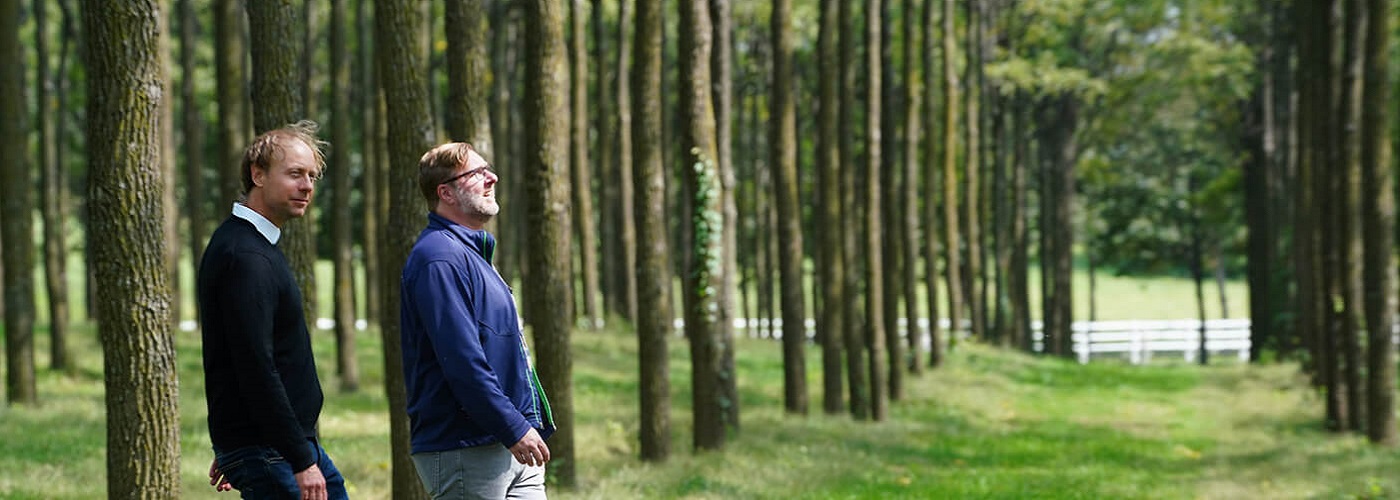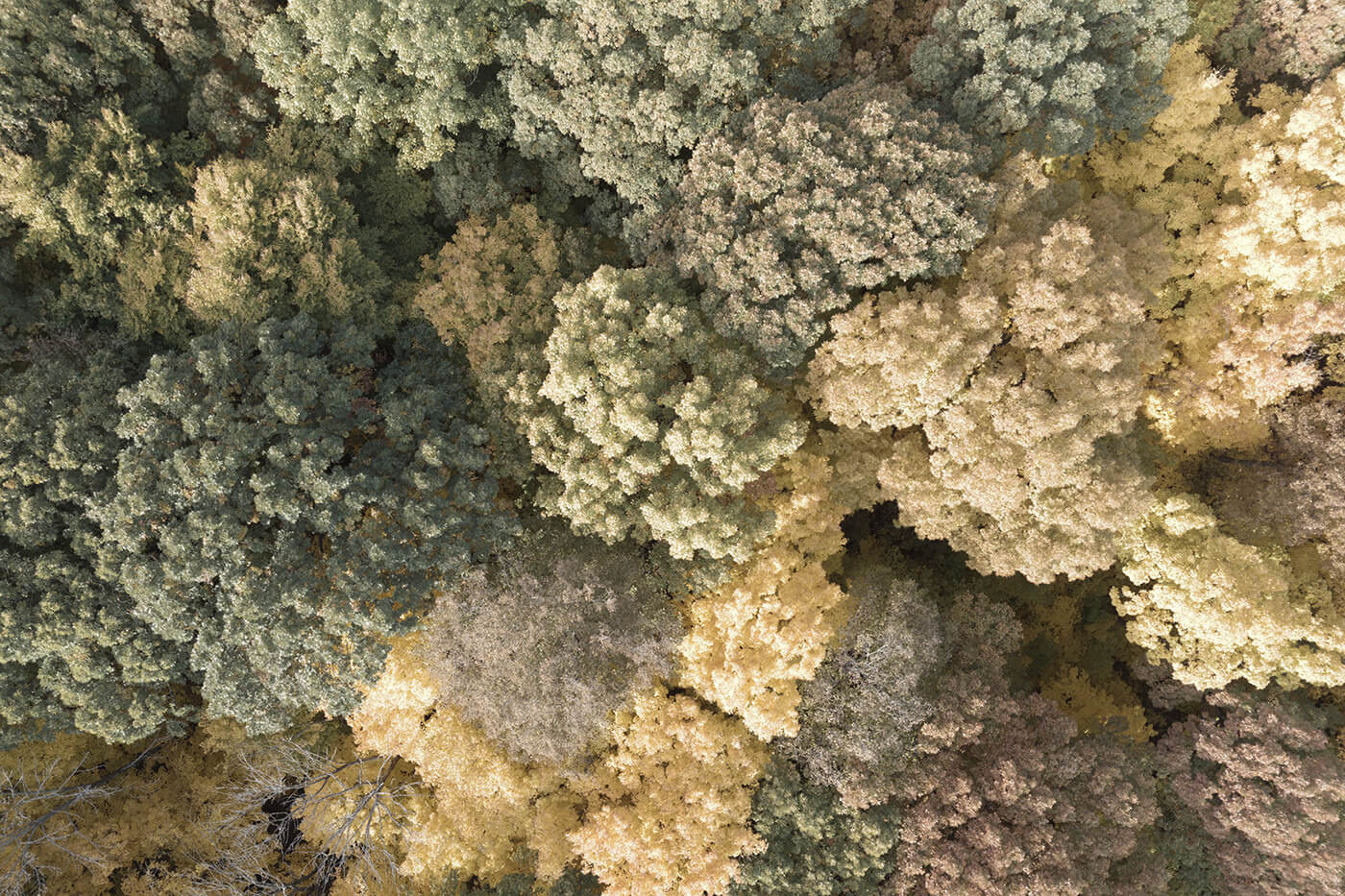Monitor Stress Epidemiology

Principal Investigators
John Couture | Associate Professor of Entomology and Forestry and Natural Resources
Douglass F. Jacobs | Fred M. van Eck Professor of Forest Biology, Associate Head of Extension Forestry
Brady Hardiman | Assistant Professor of Urban Ecology
Matt Ginzel | Professor of Entomology, Co-Director of Hardwood Tree Improvement & Regeneration Center
Philip Townsend | Professor, Forestry & Natural Resources
Melba Crawford | Nancy Uridil and Francis Bossu Professor of Civil Engineering
OBJECTIVES
The main objective of this proposal is to integrate multi-spatial and temporal scale RS products with forest management scenarios. Specifically, we will focus on three areas of forest management:
- Tracking insect pest and pathogen incidence, severity, and spread,
- Early detection of drought stress-related symptoms, and
- Optimizing RS acquisitions to determine the number of collections appropriate to make an informed management decision.
We are integrating different forms of RS data, collected over multiple time points and measurement scales, at two experimental forestry field stations with plantations that have known biotic and abiotic stressors present at various levels. We will combine the RS data with high-resolution chemical and physiological data, and incorporate these data into different machine learning frameworks to better understand the utility of RS in forest health management. This project will be one of the first to explore relationships among genotypes, phenotypes and RS data within a forest management framework, advancing our understanding of the ability of remote approaches to monitor forest health.

